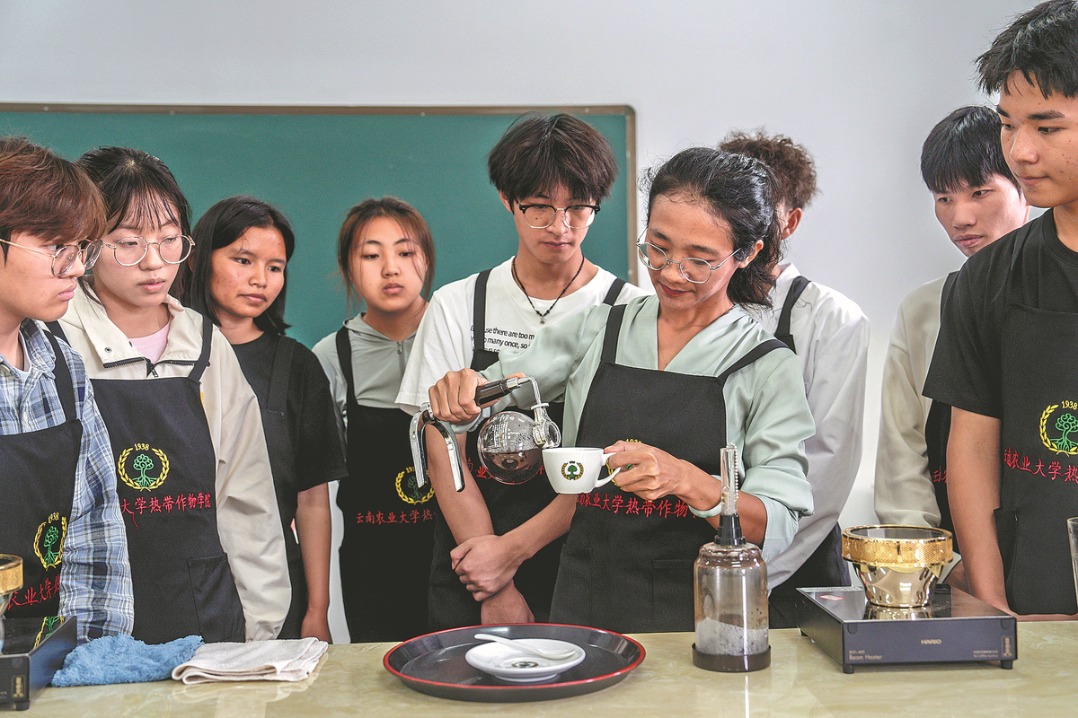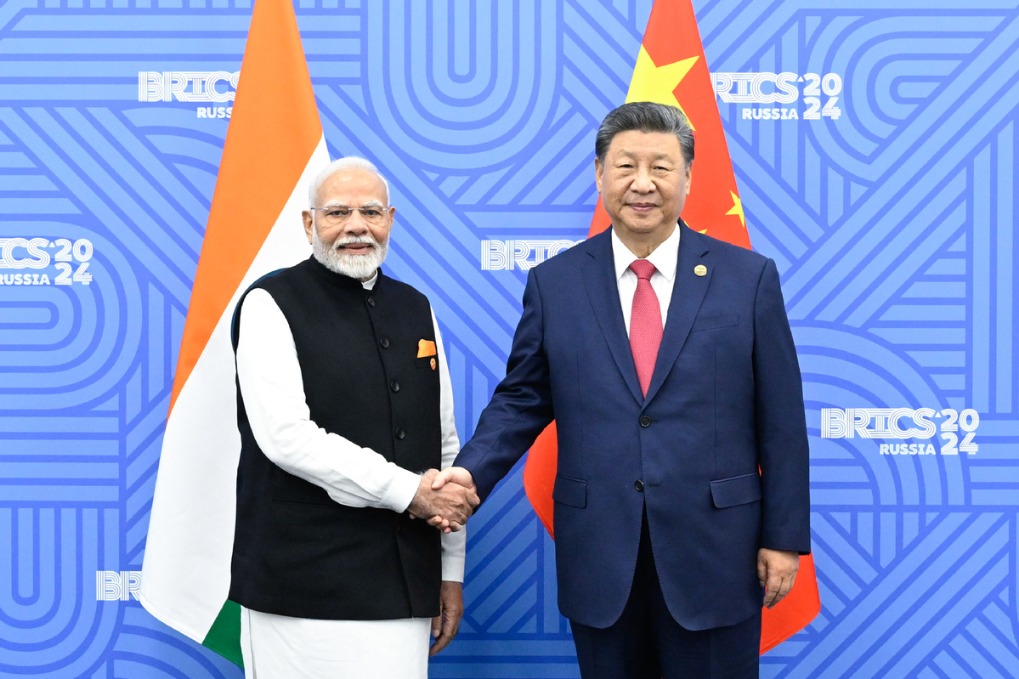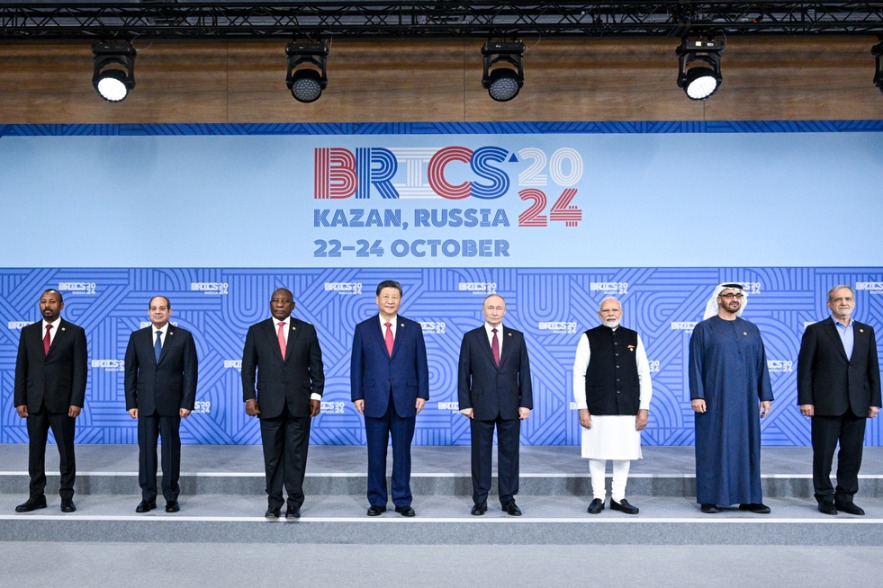Onus on EU to prevent tariff war: China Daily editorial


With less than one week to go before the European Union carries out its decision to impose so-called anti-subsidy duty of up to 35.3 percent on Chinese-made electric vehicles on top of the 10 percent duty it already imposes on imported cars, the two sides should continue their negotiations to address each other's concerns and prevent a tariff war.
The European Commission's proposal on imposing extra tariffs on Chinese-made EVs was adopted by the European Council after a vote on Oct 4 in which 10 EU member states backed it, while 12 abstained and five, including Germany and Hungary, voted against. With 17 of the 27 EU members not supporting the commission's move, the logical decision would have been to abandon it.
While negotiating with the European Commission, Beijing, following established practice, has been trying to persuade individual EU member states, particularly major players such as Germany, France, Italy, the Netherlands and Spain, to rethink their stance on the issue because the European Council can block the move only if the majority of members oppose it.
On the other hand, the European Commission, while officially negotiating with the Chinese government, is also holding separate talks with some individual Chinese EV makers to negotiate the price and volume of their products to be exported to the EU, which is a blow to Sino-EU mutual trust.
As the China Chamber of Commerce for Import and Export of Machinery and Electronic Products said in a statement, all the Chinese EV companies the European Commission is negotiating separately with are part of a group of 12 major Chinese EV makers that has authorized the chamber to represent them in the Chinese government's team that is negotiating with the European Commission.
The European Commission should be reminded that the investigations launched in October last year were politically motivated and constitute protectionist practices, which China has not accepted from day one. In fact, the United States egged the EU to launch the investigations to form a "united front" against China, especially its EV and other green products' sectors.
During the investigations, the Chinese government and Chinese EV industry provided tens of thousands of pages of legal documents and other materials to prove the EU was engaging in unreasonable and unethical practices by leveling false charges against China.
But the European Commission continued its political machinations, distorted the results of the investigations and decided to impose extra tariffs on Chinese-made EVs. The commission's final ruling was based on "facts" unilaterally identified by the European side, rather than facts recognized by both sides. The investigations presupposed that the source of Chinese EV makers' advantages were government subsidies, thus violating the principles of "objectivity, fairness, nondiscrimination and transparency", and flouting the rules of the World Trade Organization.
The competitive advantages the Chinese EV industry enjoys do not come from subsidies, but the intensive research and development in EV technology and battery. They originate from innovation, and China's commitment to transition to clean energy and fight climate change.
The US has been targeting China's EV industry as part of its broader China-containment strategy, and the EU has been blindly following the US. In doing so, the EU is not only hindering China-EU trade and investment cooperation and delaying its own green transformation, but also undermining the international community's efforts to combat climate change.
China has shown utmost sincerity and flexibility in the negotiations with the EU without a similar response from the EU. The European Commission therefore should conduct further consultations with China on the pricing mechanism for Chinese-made EVs, and then negotiate a solution acceptable to all parties as soon as possible, in order to prevent a trade war, which will leave no side unscathed.
































